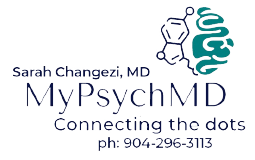In the United States, mental illnesses, including Obsessive-Compulsive Disorder (OCD), are a growing concern, affecting a significant portion of both adults and teenagers. OCD, characterized by distressing obsessive thoughts and compulsive actions, can severely impact life quality and productivity if left untreated. Traditional treatments like serotonin reuptake inhibitors and cognitive behavioral therapy (CBT) often provide relief, yet they have limitations, especially in treatment-resistant cases. This is where ketamine, an N-methyl-D-aspartate receptor antagonist, steps in as a potential game-changer.
Ketamine’s Role in Revolutionizing OCD Treatment
Ketamine, primarily used as an anesthetic and known for its hallucinogenic properties, has shown promise in rapidly reducing OCD symptoms. Its rapid and possibly long-lasting effects make it stand out from conventional treatments. Recent studies suggest that ketamine can enhance brain cell elasticity, leading to significant improvements in mental health conditions like depression, PTSD, substance abuse, and notably, OCD.
Real-Life Impacts: Stories of Transformation
Consider the story of a 36-year-old professional, who, despite his success in utilizing his organizational skills, suffered greatly from OCD. His participation in a clinical trial for ketamine treatment in 2012 marked a turning point. Post-treatment, he experienced a remarkable two-week period free from the grip of OCD, highlighting the potential life-changing impact of ketamine.
Understanding the Mechanisms and Lasting Effects
While the exact mechanisms by which ketamine alleviates OCD symptoms are still under investigation, its effects differ significantly from traditional antidepressants. It does not primarily act on serotonin levels but possibly influences glutamate pathways in the brain. This has sparked interest in developing new, fast-acting mental health treatments based on ketamine’s unique properties.
Duration of Effectiveness and Dosage Considerations
Ketamine’s effects on OCD can last from a few days to several months, varying greatly among individuals. The treatment usually involves low-dose ketamine infusions (0.5mg/kg), with the number of sessions adjusted based on symptom severity. The immediate relief experienced by many patients
stands in contrast to traditional treatments, which may take weeks or months to show results.
Weighing the Pros and Cons
The use of ketamine in treating OCD isn’t without concerns. Side effects, though generally mild and short-lived, can include nausea, headaches, dissociation, and feelings of euphoria. Moreover, there’s an ongoing debate about the long-term safety of ketamine, especially regarding its potential for dependency and cognitive impacts at higher, frequent dosages.
When to Consider Ketamine Treatment
Ketamine therapy becomes a viable option when traditional treatments fail. It’s particularly considered for severe, treatment-resistant OCD cases. However, it’s crucial to consult with healthcare professionals before pursuing this treatment, as it may not be suitable for everyone.
The Future of Ketamine in Mental Health Treatment
Researchers are continually exploring ketamine’s mechanism of action and its potential for long-term treatment strategies. The goal is to discover alternatives that offer the benefits of ketamine without its downsides. Furthermore, ongoing clinical trials and studies are helping to refine treatment protocols and understand the full scope of ketamine’s efficacy in treating OCD and other mental health disorders.
Conclusion: A Beacon of Hope with Caution
Ketamine offers a beacon of hope for those struggling with severe OCD, providing rapid relief where other treatments have fallen short. While it represents a significant advancement in mental health care, it’s important to approach this treatment option with informed caution, considering both its potential benefits and risks. As research progresses, ketamine may pave the way for new, effective, and safer treatments for OCD and other mental health challenges.






